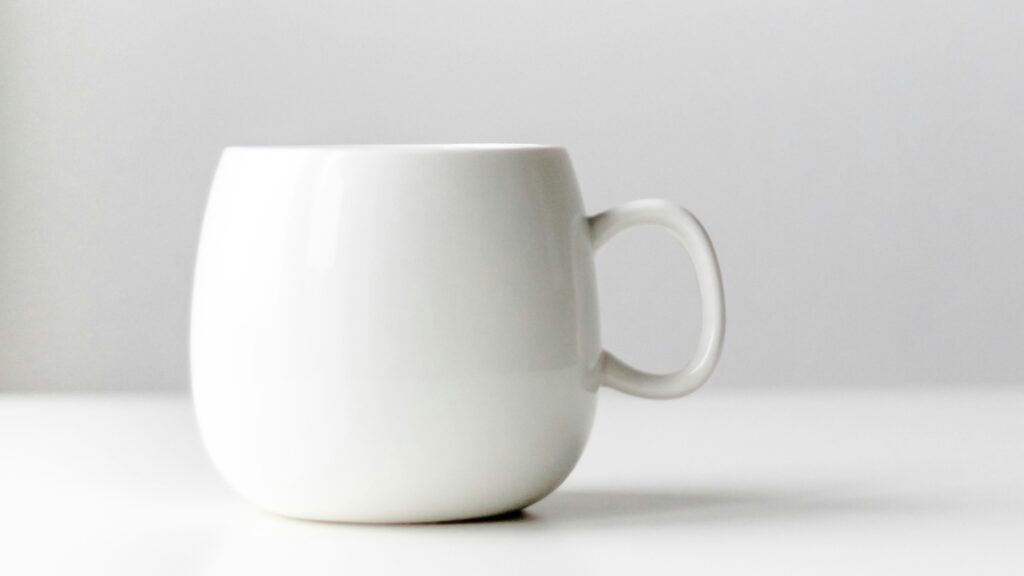Baklava, a sweet pastry made with layers of phyllo dough and honey, contains high amounts of sugar and carbohydrates, which can significantly impact glucose metabolism. Eating excessive amounts of baklava can cause a rapid increase in blood sugar levels, leading to insulin resistance, weight gain, and other metabolic disorders. It is important to consume baklava and other sugary foods in moderation and as part of a balanced diet.
Tips for Optimal Consumption
• Try practising portion control to avoid excessive sugar intake.
• Consider adding plenty of nuts and seeds to your baklava to slow down the release of glucose in the bloodstream and provide satiety.
• Try having dark chocolate (70-80%) or dates with nuts as a dessert option to satisfy your sweet cravings without glucose fluctuations.
• When indulging in baklava, make sure to balance it with a healthy diet and regular exercise to maintain optimal glucose metabolism.
Baklava is primarily made of refined flour and contains high amounts of sugar and carbohydrates, which can lead to hyperglycemia, thereby causing a surge in insulin production. Additionally, the high sugar content in baklava can cause insulin resistance, thus making it important to consume baklava in moderation.







